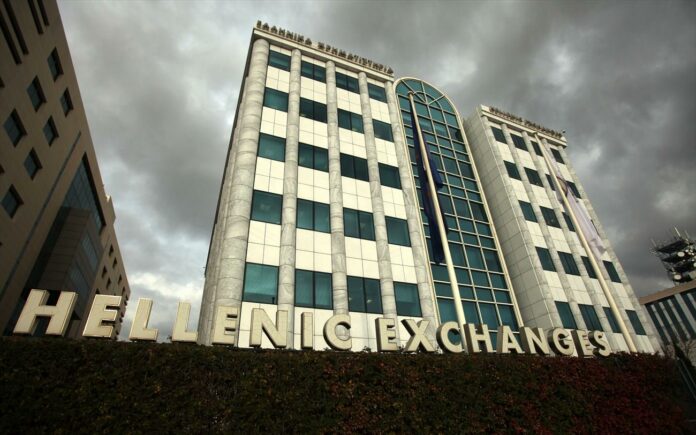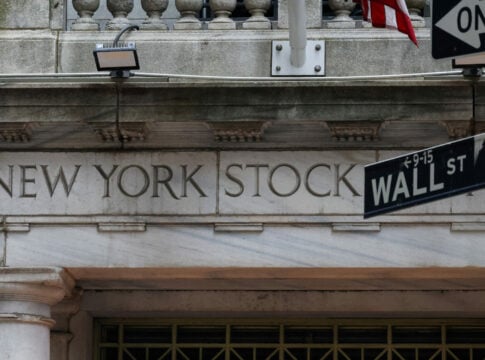Capital controls took a heavy toll on trading at the already crises-swamped Athens Stock Exchange (ASE) in 2015, with total turnover slashed by 39.3 percent to stand at a paltry 19.1 billion euros.
The Athens bourse took an unprecedented “hit” when it was closed for 25 sessions, the last two trading days in June 2015 and all of July 2015, in the wake of a “bank holiday” and imposed capital controls.
Post-war Greece was plunged into “unknown territory” after the Tsipras government called a snap referendum for July 5, 2015 to ask voters to decide on a last-ditch proposal submitted by creditors, essentially a third memorandum. After a resounding “No” at the ballot box, the government resumed negotiations with lenders and signed another bailout plan, which critics charged was even stricter than the one rejected.
The ASE resumed operation on Aug. 3, 2015, with restrictions placed on the trading of shares by Greek investors, a prohibition lasting until Dec. 9, 2015.
The daily average turnover for 2015 was 85.7 million euros, compared to 127.1 million for 2014.
A mass sell-off of shares was the primary characteristic of the bourse’s reopening, as it lost 100 points in less than 15 sessions, falling to 568 points.
Partial restrictions are still imposed for Greece-based investors, as they can sell or purchase stocks and mutual funds, yet whatever credit for transactions must be deposited in a Greek bank account.














